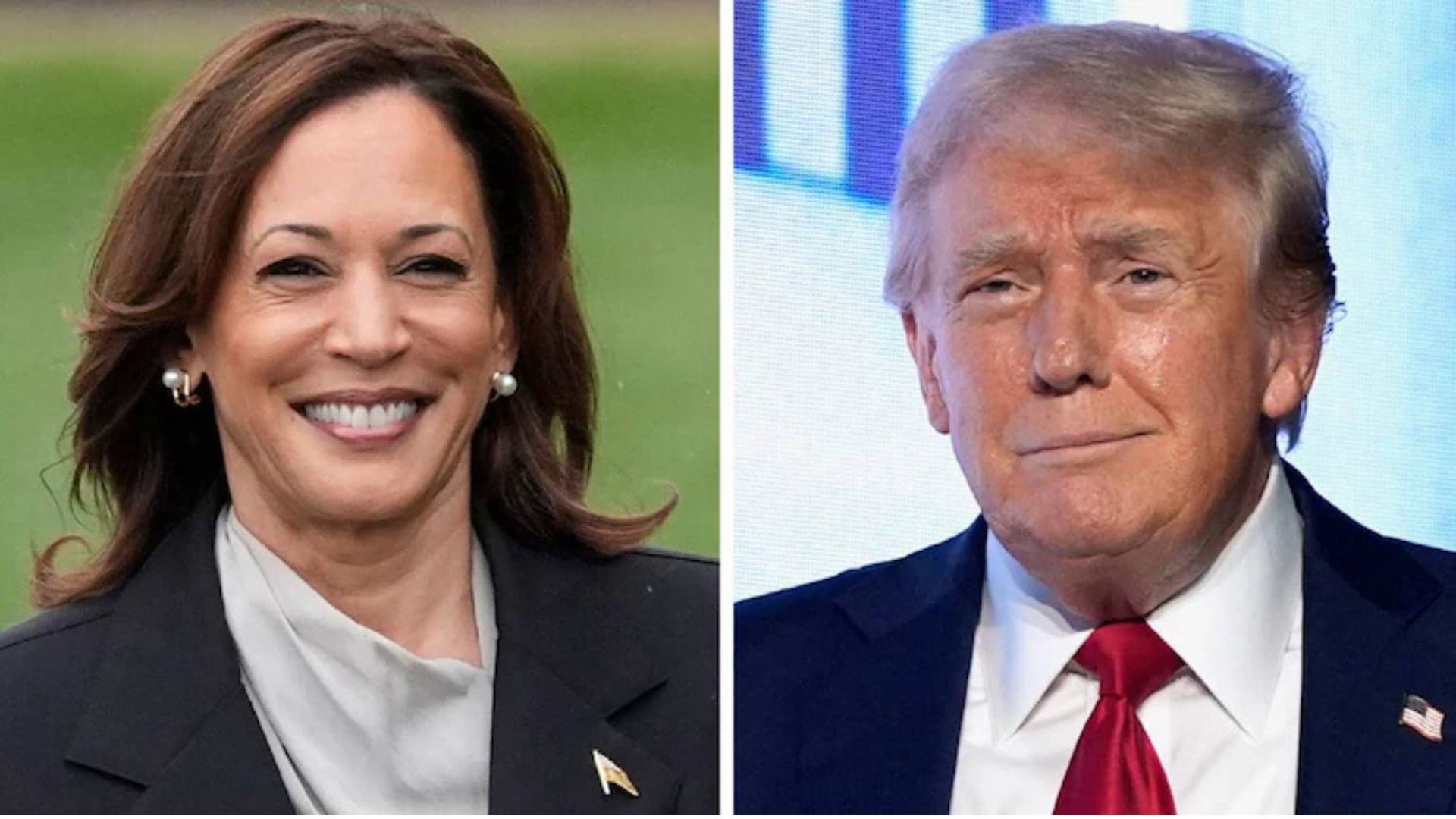Today, Americans are heading to polling stations for the 2024 presidential election. Democratic candidate Kamala Harris and Republican candidate Donald Trump are in a tight race for the White House. This election marks the 60th in the United States, with approximately 230 million eligible voters, though only about 160 million are registered. Ahead of Election Day, over 70 million people have already participated through mail-in ballots or early voting.
Key Information About the Presidential Election
There are a few important aspects about the election process, from candidate eligibility to the voting system and key issues.
Presidential Eligibility
To qualify as a presidential candidate, one must meet three basic criteria set by the U.S. Constitution. Candidates must be natural-born U.S. citizens, be at least 35 years old, and have resided in the United States for at least 14 years. Once a candidate’s campaign spending or donations exceed USD 5,000, they are required to register with the Federal Election Commission and establish a campaign committee for financial management.
Primaries and Caucuses
Candidates are nominated through primaries and caucuses held six to nine months before the election. In primary elections, voters cast secret ballots for their preferred candidates, who are awarded delegates based on the results. In caucuses, participants meet at local levels, where supporters of different candidates organize into groups. Each group makes a case for their candidate, and delegates are assigned based on caucus outcomes.
Electoral College and Popular Vote
The U.S. president and vice president are selected through the Electoral College rather than by direct popular vote. Each state has designated electors, and a candidate must secure at least 270 out of 538 total electoral votes to win. While the popular vote represents total votes cast for each candidate, the Electoral College ultimately determines the winner. There have been cases where a candidate won the popular vote but lost the Electoral College.
Election Timeline
The U.S. presidential election follows a well-defined timeline:
Year Before the Election: Candidates declare their candidacy, register with the Federal Election Commission, and begin primary and caucus debates.
Election Year January-June: Primaries and caucuses are held across the states.
July-September: Parties hold conventions, where candidates announce their running mates.
September-October: Presidential debates take place.
Early November: The general election occurs on the first Tuesday after the first Monday.
December: Electors cast their votes.
Early January: Congress tallies the electoral votes.
January 20: The president-elect is inaugurated.
Highlights of the 2020 Election
In the 2020 election, Democratic candidate Joe Biden won with 81,283,501 popular votes (51.31%), defeating Donald Trump, who received 74,223,975 votes (46.85%).
Focus on Swing States
Swing states, also called battleground states, can significantly impact election results, as they do not consistently lean toward a single party. In 2024, key swing states include Nevada, Arizona, North Carolina, Georgia, Wisconsin, Michigan, and Pennsylvania.
Current Poll Predictions
Polls indicate a very close contest between Harris and Trump, with some showing Harris ahead by a narrow margin. NBC News and Emerson College show a 49%-49% tie, while other polls give Harris or Trump a small lead.
Key Election Issues
This year’s election addresses major issues, including immigration policy at the U.S.-Mexico border, climate change, and the Israel-Palestine conflict. A recent survey by the Carnegie Endowment reveals that Americans hold varied views on these issues, depending on their political affiliations.
Also Read: Harris Vs. Trump: Who’s Leading As National Polls
Role of Indian Americans
Indian Americans, now the second-largest immigrant group in the U.S., play a notable role in this election. Many support Kamala Harris, who has Indian heritage, though their support for the Democratic Party has seen a slight decline since 2020.
Voting and Counting Timelines
Most polling stations open between 6 am and 8 pm (local time), with results from some smaller states expected shortly after polls close. However, results from key swing states may take longer to finalize as votes are counted.









